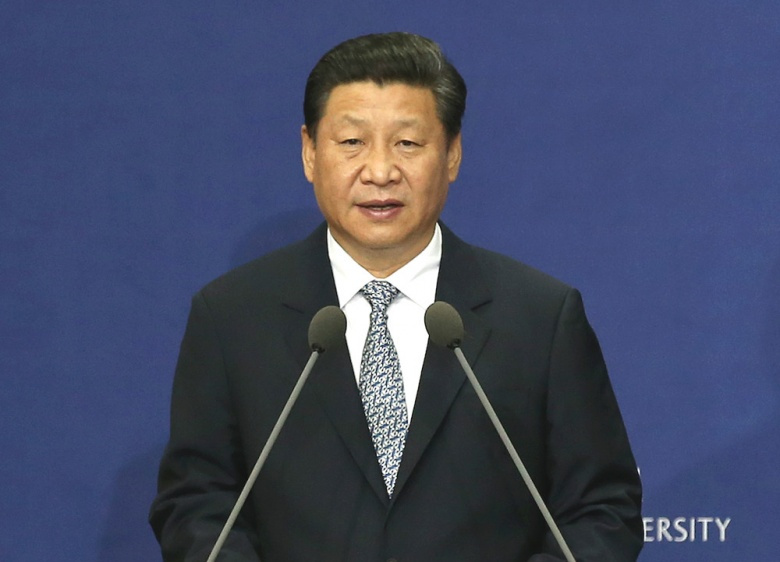Can China Really Ignore International Law?

“[N]one of the five permanent members of the UN Security Council have ever accepted any international court’s ruling when (in their view) it infringed their sovereignty or national security interests,” Allison argues. “Thus, when China rejects the Court’s decision in this case, it will be doing just what the other great powers have repeatedly done for decades.”
Allison also fell short of mentioning some key facts as far as great powers’ compliance with international arbitration is concerned. For instance, it was not the Permanent Court of Arbitration (PCA) that decided on the Philippines’ complaint against China, but an Arbitral Tribunal constituted under Article 287, Annex VII of the United Nations Convention on the Law of the Sea (UNCLOS). The PCA only serves as a registry.
Such seemingly minute legal facts inform the nature and implications of the Philippines’ landmark lawfare against China. Crucially, Allison didn’t mention that there have been encouraging instances whereby major powers rejected arbitration, and subsequently an unfavorable verdict, but still ended up complying with it anyway. After all, even for great powers, which aspire to leadership and seek respect and predictability in the international system, ignoring international arbitration carries immense costs.
More Than Meets the Eye
In an authoritative article for The European Journal of International Law, legal scholar Aloysius P. Llamzon (2008) shows that “through complex mechanisms of authority signal and the political inertia induced by [international court] decisions, almost all of the [International Court of Justice] decisions have achieved substantial, albeit imperfect, compliance.”
Keep in mind: the International Court of Justice (ICJ) oversees extremely delicate, if not seemingly intractable, cases such as territorial sovereignty. Take for example, the 1986 Nicaragua vs. the United States case filed before the International Court of Justice. At first, America took a hardline position, arrogantly refusing to participate in the arbitration proceedings at all. Similar to China, it also dismissed the unfavorable verdict. Nicaragua, however, relentlessly stepped up international pressure on America by rallying developing world support behind it. The U.S. refused to pay $370.2 million in damages, but after years of successful Nicaragua-led diplomatic pressure, Washington ended up compensating its Latin American neighbor by offering an even larger development aid package during the Victoria Chamorro administration.
True, the United States continues to alienate allies and undermine its moral authority by failing to ratify UNCLOS. And it is high time for belligerent elements within the U.S. Senate to change course. But the U.S. government, as a signatory, has actually complied with the relevant provisions of UNCLOS as a matter of customary international law.
This was more than evident when Washington allowed Chinese warships to pass through America’s two-hundred-nautical-mile Exclusive Economic Zone (EEZ) in the Pacific, while magnanimously respecting Chinese warships’ right to innocent passage within America’s territorial sea in the shores of Alaska.
In contrast, China, which has ratified UNCLOS, has consistently refused to reciprocate America’s operational observance of prevailing international law, placing restrictions on the movement of foreign military assets well beyond its territorial sea and contiguous zone. Chinese harassment of America’s lawful reconnaissance missions and warships operating in international waters has increased over the years.
No comments:
Post a Comment